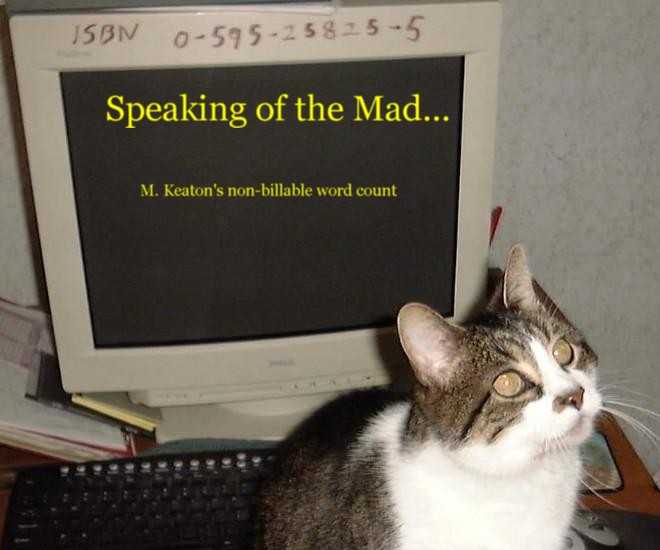Friday, May 8, 2015
On Skepticism (Part 1)
Disclaimer: I want to say in advance that this is not an attack on any individual or in response to any one specific discussion. I am expressing my own problems with skepticism as a movement, not skeptics as people. I believe most self-identified skeptics are rational, well-meaning people who simply haven't fully thought through the implications of their philosophy. I don't think they represent the hard-core members of the movement. Most skeptics I have met are polite, rational, and fairly open to discussion; they simply don't want to see people waste time and money on fraud and redundant research. I don't think they've given the big picture much thought. In reasonable detail, I want to present my problems with that disturbing 'big picture.' Individuals are different from movements and organizations. If I seem at times to be attacking something, please remember it is the latter, the mob and the unintended consequences, not the individuals involved. (Except for the Amazing Randi. That man is an ass.)
Skepticism is not, as many of its proponents claim, a natural part of science. It is, instead, a philosophy of science. In my opinion, it is a failed and harmful one, not suited to the tool of science.
All tools have a philosophy. If this seems an odd statement, it's mainly because the philosophy of most tools is self-evident. The choice of how to use the tool is not made by the tool and neither is it self-contained within the tool. The choice is made by the user. For example, a hammer is for delivering blunt force; it was designed for that application, or "philosophy of use." It's a bad screwdriver and a horrible glass etcher, but if you want to put in screws with a hammer, the hammer won't stop you. The efficient use of a hammer is based on the user's understanding of the "philosophy of use" of the hammer (or simply, the philosophy of hammering.) Science, like a hammer, is a tool and as such it also has a philosophy of use. Unlike simple tools, the philosophies behind more complex tools are not intuitive, and over the history of science several schools of thought have arisen over its philosophy.
The distinction of a tool's philosophy may seem pedantic, but a small misunderstanding in the proper role of a tool can result in significant problems in the long run. The phrase, "If all you have is a hammer, every problem starts to look like a nail," springs to mind. Consider a knife versus a hammer. You could use a knife as a hammer—ineffectively—but how many fingers would you lose in the process? If the misuse of a basic tool is dangerous, the misuse of a complex one is potentially catastrophic. In the case of science, the misuse migrated to the social and political realms, resulting in horrors such as eugenics and social Darwinism. It's easy to throw up your hands and yell, "That's not science," but that's just the point. It isn't science. It is the tool used incorrectly, with the wrong philosophy, and it's a solid example of why users must understand and take responsibility for proper use and limits of the tool known as science. Like all tools, science does not exist in a vacuum of social and political pressures, and it can make some very big hammers.
As a brief aside, it could be argued that science is not a tool or that it is more than just a tool. If that's the case, then it is either a philosophy in and of itself or a religion proper. If it is a philosophy, then the philosophy of science and the philosophy that is science would be effectively the same. If it is to be elevated to a religion—well, that is one of the logical outgrowths of skepticism as a philosophy of science so the discussion is circular. It could also be argued that science is not a tool but rather a collection of tools. Such an argument is no argument at all. A car is a tool. A car is a collection of tools (engine, wheels, etc.) This distinction is an attempt to avoid the discussion by willfully misunderstanding the point. If I sound pedantic and redundant here, it's because I've read and studied a lot of the philosophy of science and skepticism, and this kind of semantic slight of hand crops up often. I apologize for insulting your intelligence, but I want to head off any misunderstandings from the onset.
Subscribe to:
Comments (Atom)




















